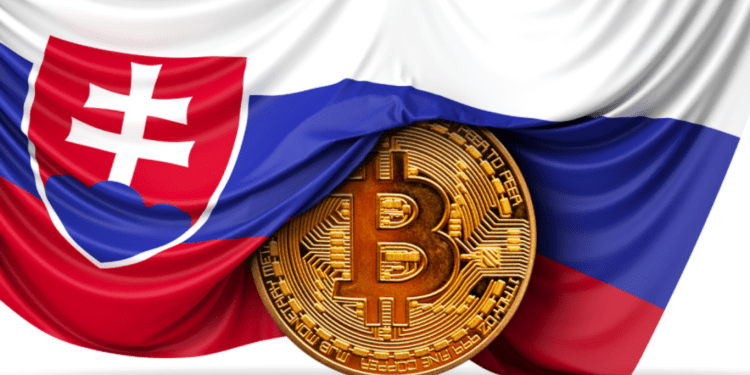- Slovakia plans to reduce the tax rate on cryptocurrencies.
- Crypto taxes in Slovakia will be reduced from 25% to 7%.
- European countries have continued to boost crypto growth since the introduction of MICA.
Crypto Investors Celebrate Low tax rates in Slovakia
The National Council of Slovakia’s new amendment has boosted the country’s cryptocurrency industry.
On the 28th of June, the members of the National Council of Slovakia amended the legal provision on cryptocurrency taxation. The amendment entails a lower capital income taxation rate on profit from the sale of cryptocurrencies held for one year.
The taxes will be reduced to 7%, a progressive change compared to the previous rates. Lower crypto tax rates are an attractive measure of developing the cryptocurrency sector in a country. The legislative change by Slovakia holds promises of becoming the next crypto hub. The low tax rate is set to attract crypto investors and make Slovakia a host to various crypto businesses.
Additionally, the amendment grants zero taxation fees on cryptocurrency payments up to $2600 (2400 euros). The amendment also exempts crypto income from a 14% health insurance contribution. With this amendment, blockchain startups, their workers and individual crypto enthusiasts in Slovakia can benefit from zero tax rates on some transactions.
According to a local Slovakian media report, the Ministry of Finance in Slovakia expects the financial impact of the new amendment to be 30 million euros per year.
Europe, Crypto and Regulations
The Slovakian legislative amendment was made at a time when countless regulations were being made all around the world.
As a European entity, Slovakia made clear regulations based on the foundations laid by Markets in Crypto-Assets Regulation.
The Markets in Crypto-Asset Regulation, known as MiCA, is a set of regulations by the EU governing stable coins and crypto assets. The European Parliament adopted it in April 2023.
“MiCA is a pioneering legislative text in terms of regulating crypto markets. It undoubtedly places the European Union as a global pace-setter. We should also be well aware that crypto markets are multi-jurisdictional. Regulatory efforts similar to MiCA in the rest of jurisdictions would contribute to the creation of a safe, robust and necessary ecosystem for crypto-asset markets globally,” a member of BBVA’s Digital Regulation Team said.
The rules in the MiCA are created to foster crypto adoption, attract investors to Europe and, most importantly, share clarity on crypto regulations.
The MiCA and the new Slovakian amendment both possess regulatory clarity, unlike the United States.
At the Australian Blockchain Week, Hester Peirce, a Commissioner of the U.S. Securities and Exchange Commission, stated that,
“I think we have to ensure that whatever regulatory framework you have doesn’t just assume that everything is a financial asset.”
Peirce also mentioned the need for regulators to look beyond crypto as just a financial tool.
Through the introduction of MiCA, the European Union continues to monitor, regulate and foster cryptocurrency adoption. Slovakia is a member of the European Union.














